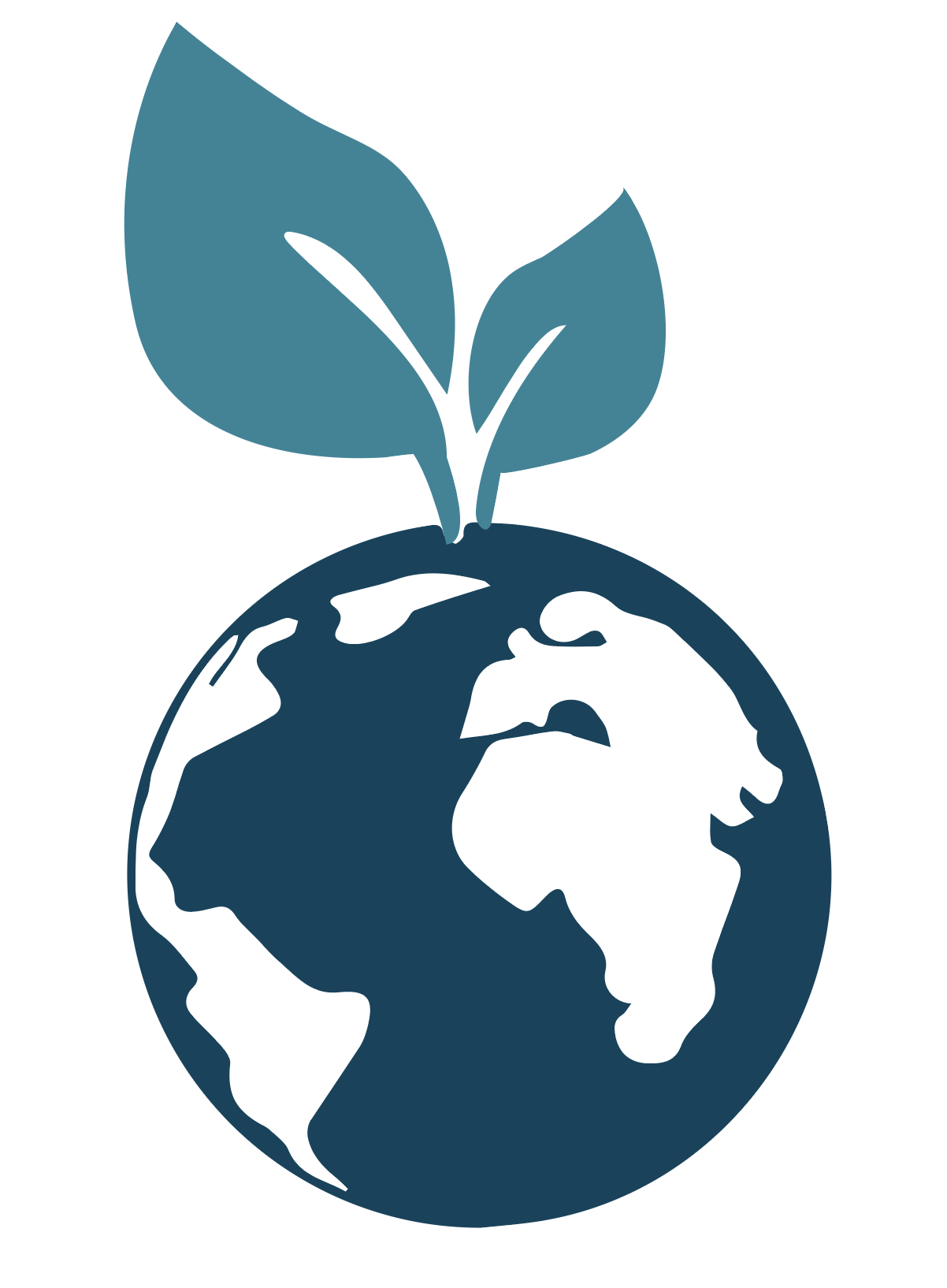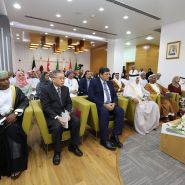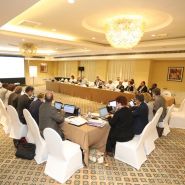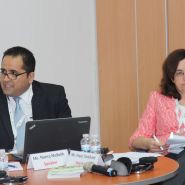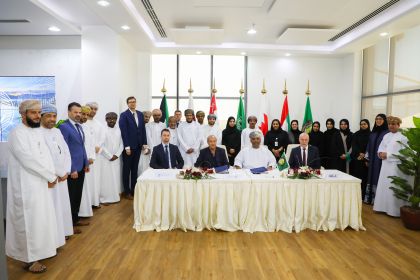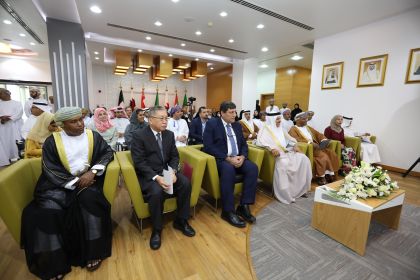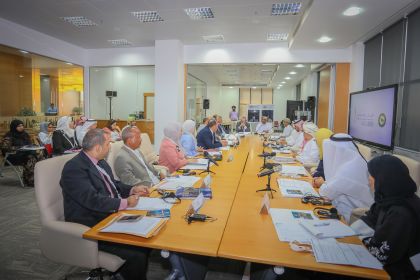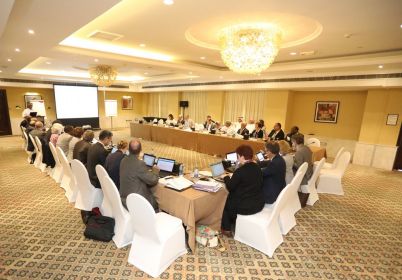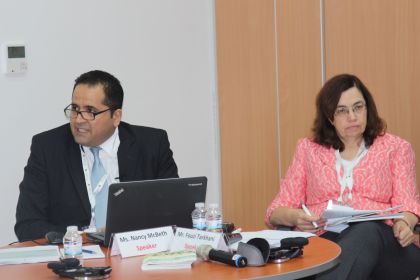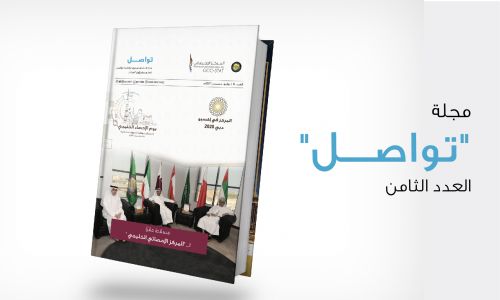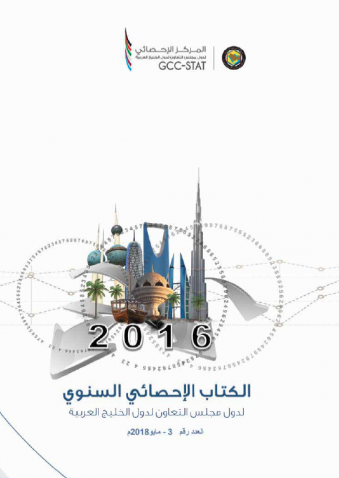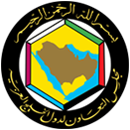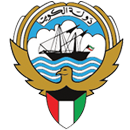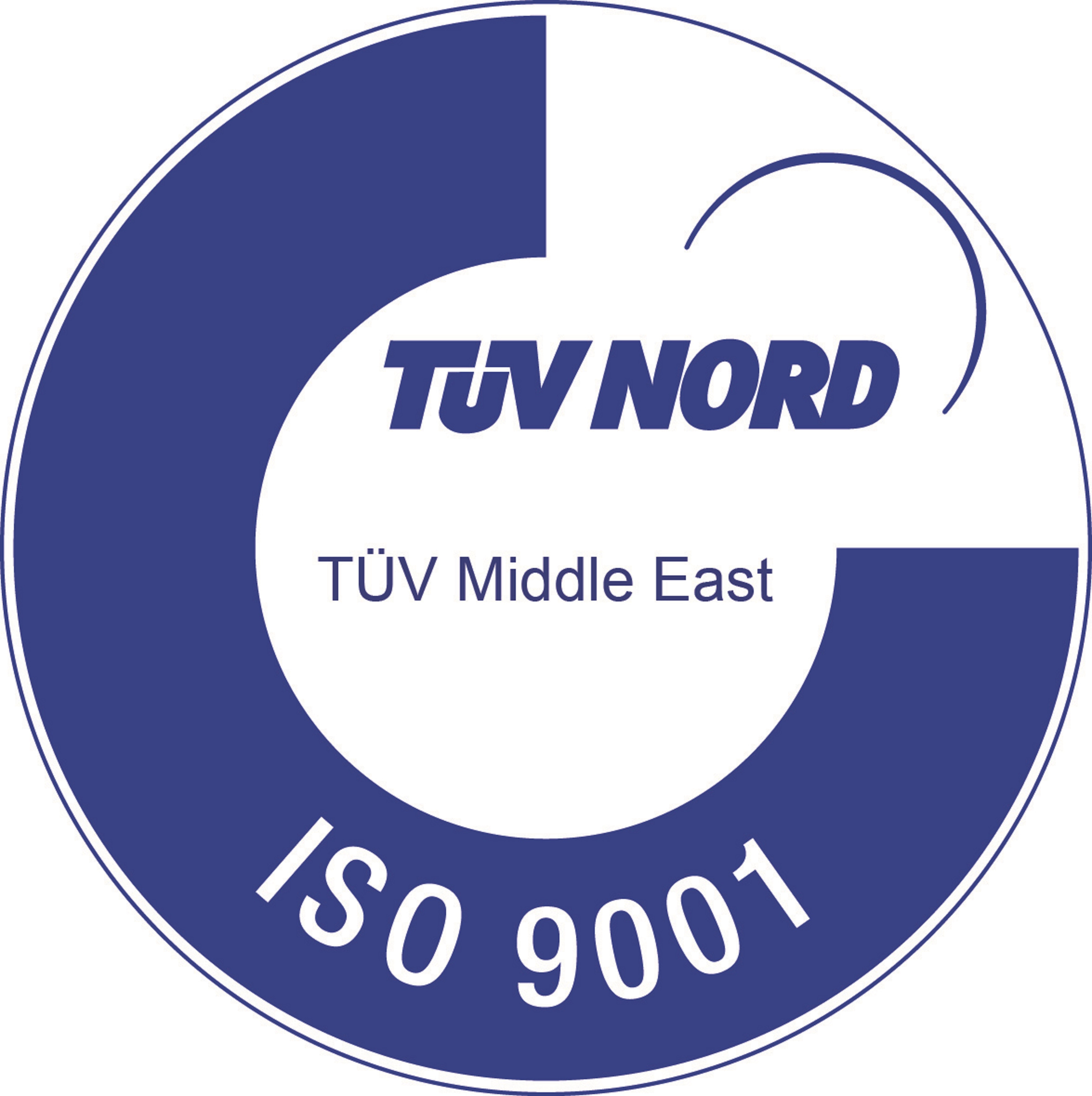GCC Consumer Price Index
Consumer Price Index
Introduction
The Consumer price index (CPI) is one of the most significant economic indicators that is prepared by statistical centers around the globe. The CPI is widely used to measure a general inflation and cost of living; it also reflects the purchasing power of the country’s currency in addition to its use in making estimations for National Accounts at constant prices. Due to its importance, Statistical Centers in GCC collect prices on a basket of goods and services that are consumed by households to compile this vital indicator.
Methodology
According to the GCC-Stat Roadmap, the member countries will develop and disseminate a harmonized Consumer Price Index by year 2020 as the primary measure of national and regional market inflation. This harmonization will take place in line with international best practices and will ensure relevant, comparable inflation measurement across the GCC region. In addition to introducing the same conceptual basis as a measure of monetary inflation, this harmonization includes introducing same rules for selecting goods and services in the CPI basket, comparable expenditure estimates for deriving the weights, same statistical techniques in dealing with missing data, same aggregation formulas, etc. The harmonized index is intended to use year 2018 as base year, and begin disseminating the CPI and corresponding inflation estimates in 2020.
Meanwhile, GCC-Stat already compiles a temporary aggregate CPI measure, based on the current national CPIs methodologies. The aggregate excludes the housing component, in which significant current national methodological differences make meaningful comparisons impossible. The aggregate GCC non-housing CPI uses purchasing power parity adjusted total household expenditure estimates as country weights, and national CPI group weights for the remaining 11 main expenditure divisions of the already common COICOP classification system. The current aggregate non-housing GCC inflation estimates are calculated monthly based and disseminated together with the official, national CPIs through the GCC-Stat Data Portal and monthly publications.
Mathematical formula
The total aggregate CPI is a weighted average of 6 countries 11 group-level indices.
where both country weights, and 11 COICOP group weights for each country,
, add to 1. Depending on the order of aggregation, the aggregate CPI (base year 2007) for a month t,
, can be seen as a simple weighted average of country CPIs (excluding housing) or weighted average of aggregate GCC group indices.
Tags: methodology














